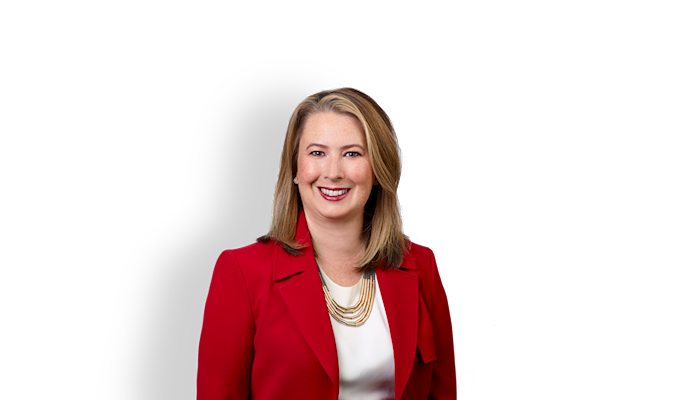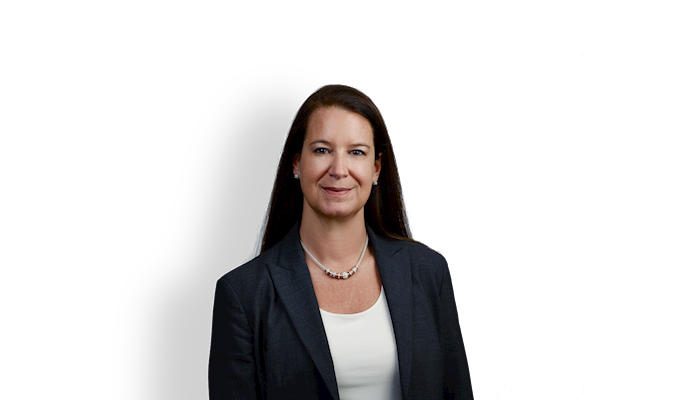The New Self-Regulatory Organization of Canada (the New SRO), an amalgamation of the Investment Industry Regulatory Organization of Canada (IIROC) and the Mutual Fund Dealers Association (MFDA), commenced operations on Jan. 1, 2023. The New SRO is responsible for enforcing compliance with its rules, including investigating complaints and suspected violations of those rules by its members.
What follows is a brief overview of the New SRO’s approach to enforcement.
The New SRO name
Just recently, the New SRO released a proposed and eagerly anticipated new name and logo - the “Canadian Investment Regulatory Organization” (CIRO).
On April 24, members of the new SRO will vote on the new name. The SRO stated that replacing its temporary name is a “top priority” for the regulator and that the new name will “resonate with all stakeholders and foster a sense of confidence in the New SRO’s mission”.
If CIRO is adopted as the new name, firms will have until Dec. 31, 2024, to incorporate the name and logo on all client disclosures.
Complaints filing
The New SRO requires members to use IIROC’s COMSET system for complaints filing. This means former MFDA members will eventually use the COMSET system in place of the METS system. Dual-registered firms must file reports about complaints using the COMSET system, including reports related to activity that occurred at the time the member’s mutual fund dealer operations were run separately under an MFDA member.
Complaints reported by members using COMSET consistently make up the majority of complaints received by IIROC, a trend we expect will continue under the New SRO.
Investor education
The New SRO has established additional investor engagement and protection mechanisms, including the Office of the Investor to provide investor outreach and education and an Investor Advisory Panel to provide independent research on regulatory and public interest matters. It remains to be seen whether the Office of the Investor’s focus on “ensur[ing] that the complaints and inquiries process is easily understood to investors” will result in an increased number of client complaints, but either way, complaints are expected to continue to be the primary basis of investigations by the New SRO.
Enforcement rules and processes
The New SRO will eventually have a consolidated rulebook, which is currently being developed and will not distinguish between firm types in regulating dealer conduct. This consolidation aims to reflect the New SRO’s intention to “find convergence on a risk-based and consistently applied approach to principles-based rules, compliance and enforcement”.
In the interim, the Investment Dealer and Partially Consolidated Rules will govern investment dealers and dually registered dealers. These are largely the former IIROC Rules, with some modifications to accommodate dual-registered firms. Stand-alone mutual fund dealers will continue to be governed by the Mutual Fund Dealer Rules, which are the former MFDA Rules and Policies. Enforcement processes for former MFDA and IIROC registrants will continue to follow existing practices. The New SRO has not yet indicated how it plans to consolidate IIROC and the MFDA’s differing enforcement practices and procedures in the future.
Hearing panels
The former MFDA Regional Councils and IIROC District Hearing Committees and their members will be reconstituted into ten New SRO District Hearing Committees. Although committee members will continue to serve the term of their original appointment, which will provide continuity, the New SRO’s Appointments Committee will have the responsibility for appointing members to the hearing committees and membership is likely to change over time. These hearing committees will assume the enforcement functions of the previous committees, and hearing panels in each of the districts will be drawn from each of the new District Hearing Committees.
So far, it appears that most enforcement hearings are still being conducted virtually.
Upcoming enforcement priorities
The New SRO has stated that its focus going forward will be “compliance with and enforcement of high industry standards and regulatory requirements”. Its website reinforces that it is committed to “the protection of investors … and building Canadians’ trust in financial regulation and the people managing their investments”.
In keeping with its efforts to establish itself as an agency primarily concerned with furthering the public interest, the New SRO also recently proposed the creation of a process that would allow it to directly return funds to harmed investors. As it stands, investors cannot receive a payment from the New SRO related to their losses, even where a registrant was ordered to disgorge profits in disciplinary proceedings. Under the New SRO’s proposed plan, where sanctions ordered in a disciplinary proceeding include a disgorgement order, payments made pursuant to that order could be returned to the investors who were harmed by the misconduct. The New SRO is inviting comments from stakeholders on the proposal until May 1, 2023.
The New SRO – What’s next?
While the amalgamation is still in its infancy and many practices remain status quo for now, we expect to see changes to streamline the affairs of the two former entities into one in the coming months.
The New SRO appears committed to achieving its goals and is showing signs of being an active industry regulator with new policy initiatives, continued compliance reviews and enforcement investigations. Its recent New SRO Compliance Priorities Report for 2022/2023 released on March 20, 2023, provides a good road map as to what can be expected in the coming year. We will continue to watch the progress of the New SRO carefully and will alert readers to new developments.
If you have any questions about how Canada’s New SRO’s current and future enforcement trends will affect your organization, please reach out to any of the authors or key contacts listed below.
Key Contacts
Borden Ladner Gervais LLP
Kathryn Fuller, David Di Paolo, Julie Mansi, Michael Taylor, Rebecca Cowdery, Laura Poppel, Curtis Fawcett, Hunter Parsons and Loni da Costa





